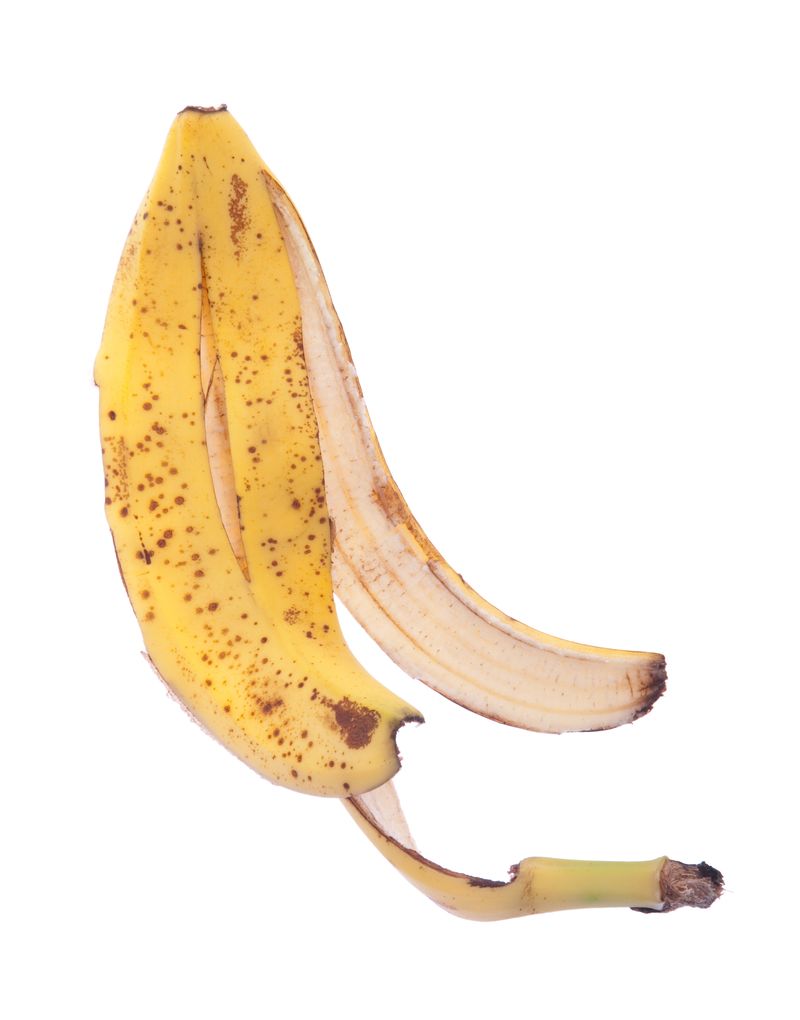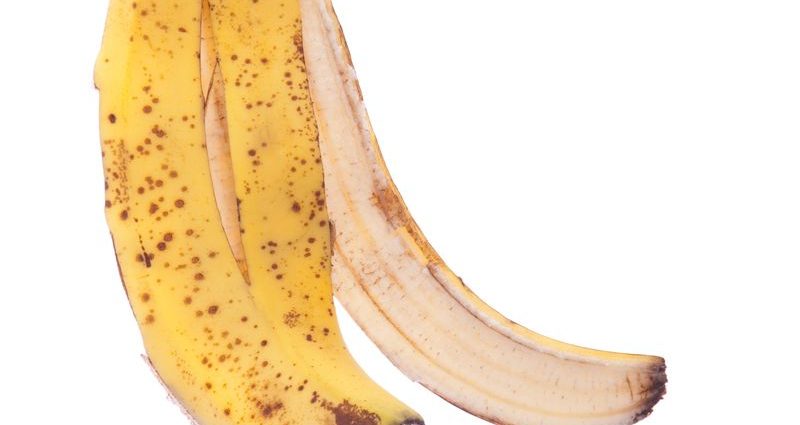
Bananas are a very versatile fruit that can be eaten in many different ways. They can be eaten raw, cooked or baked into various recipes. Bananas are available in many forms and are grown all over the world. In fact, it is estimated that there are more than 80 million tons of bananas produced every year. The banana is a fruit that has been used by people for thousands of years. It is one of the oldest cultivated fruits and was first grown in South America around 5000 BC. There are many myths surrounding the origin of bananas. One popular story is that the bananas were brought to Africa from South America by the Portuguese explorers.
The banana tree was introduced to Europe in 17th century and became popular as a food item. During the 18th century, bananas were used as a medicine for treating diarrhea and dysentery. At that time, it was believed that bananas contained a substance called ‘chymosin’ which caused diarrhea.
Today, bananas are grown commercially all over the world and are a staple food in many parts of the world. Bananas are available in different sizes, colors and shapes. The banana is available in green, yellow and red varieties. These three types of bananas have different nutritional value and taste. Green bananas are high in vitamin B6 and potassium. Yellow bananas are high in vitamin C and potassium. Red bananas contain higher levels of antioxidants and are also rich in potassium.
There are many health benefits associated with eating bananas. They are an excellent source of carbohydrates, vitamins, minerals and fiber. They are also rich in protein and low in fat. Bananas are an excellent source of vitamin B6 and potassium. Potassium is an important mineral that helps in the regulation of blood pressure and helps in the absorption of calcium and phosphorous. Potassium is also essential for the normal functioning of nerves and muscles.
Vitamin B6 is a water soluble vitamin that helps in the production of red blood cells and is essential for proper digestion. It also helps in the production of hormones and neurotransmitters. Vitamin B6 is found in animal products and cereals. It is also available in vegetable sources such as mushrooms, potatoes and beans. Vitamin B6 is also found in some fruits such as oranges and avocados. Bananas are a good source of this vitamin.
Bananas are also rich in vitamin C. This vitamin is essential for the growth and development of healthy teeth and bones. It also helps in the prevention of diseases such as scurvy and osteoporosis. Vitamin C is also essential for the production of collagen and elastin which are the building blocks of the skin. Vitamin C is also needed for the absorption of iron and zinc. Bananas are a good natural source of this vitamin.
A banana is also a good source of fiber. Fiber is essential for the regular functioning of the digestive system. A banana contains approximately 5 grams of fiber. Fiber is also helpful in the reduction of cholesterol and helps in the prevention of heart disease.
Bananas are rich in potassium. Potassium is an essential mineral that helps in the regulation and contraction of muscles. Potassium is also required for the proper functioning of the nervous system and the heart. Potassium is also essential in the formation of bones and teeth. Potassium is also needed for the proper absorption of calcium and phosphorous from food. Bananas are a good dietary source of potassium.

